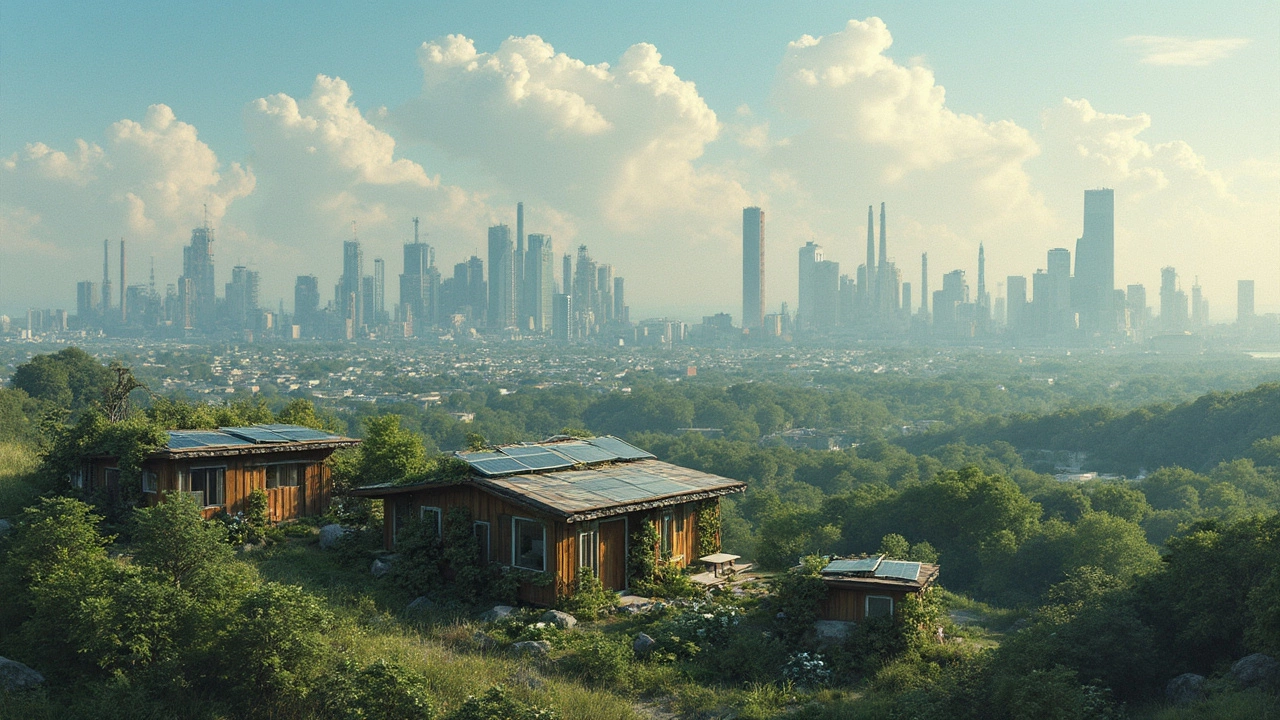Which State Is the Least Eco‑Friendly? Find Out Here
When you hear "least eco‑friendly state", you might picture lots of pollution, few recycling programs, and lots of car traffic. That reputation can affect everything from hotel choices to the things you can do on a trip. Knowing which state falls at the bottom of the green ladder helps you plan smarter and avoid places that clash with an eco‑conscious mindset.
How the Ranking Is Calculated
Experts look at data on air quality, renewable energy use, waste management, and public transport. They also check how many parks are protected and how often businesses follow green standards. The state with the lowest scores across these categories ends up on the list as the least eco‑friendly. It’s not about one bad factor; it’s a mix of many small things that add up.
Tips for Eco‑Smart Travelers
If you have to visit the state, there are ways to keep your footprint low. Choose hotels that advertise energy‑saving lights, water‑saving showers, or reusable towels. Bring a refillable bottle so you skip plastic. Rent a hybrid car or use a bike‑share program if the city offers it. Even small actions, like turning off lights when you leave a room, make a difference.
Look for attractions that support conservation. Many museums and parks run education programs about local wildlife and run on solar power. Buying tickets for these places supports greener practices and gives you a deeper look at the area’s natural side.
Food choices matter, too. Opt for restaurants that source locally, use compostable packaging, or have a strong waste‑reduction plan. A simple salad from a nearby farm can be a tastier, greener alternative to a meal shipped from far away.
Plan your itinerary to cut down on extra travel. Map out sites that are close together, so you spend less time in the car. When you can, walk or use public buses. Not only does this lower emissions, it also helps you see the city at a slower pace.
Finally, share what you learn. A quick review on a travel site about a hotel’s green policies or a photo of a recycling station can guide other travelers. Your voice adds pressure for businesses to improve their sustainability.
Knowing the least eco‑friendly state doesn’t mean you have to avoid it altogether. It just means you go in prepared, make smarter choices, and maybe even spark change while you’re there. Safe travels and keep it green!
Discover the Least Environmentally Friendly State in America
Unveiling which state in the U.S. takes the crown for being the least eco-friendly, we dig into fascinating facts about environmental impact and what this means for eco-cottages. Learn the reasons behind this undesirable title, how it affects your green choices, and what measures could turn the scales. This article is your gateway to eco-conscious decisions with practical tips for greener living, especially when thinking of building or staying in an environmentally friendly cottage.
